For much of my adult life, the question just about every American could answer was, “Where were you when you heard that JFK was shot?”
 I was in boarding school in Addis Ababa. I can remember leaning against a cement block wall, smelling that musty, mineral smell of rock and sand. There had been a sense that JFK had his eyes turned outward to the world, was a hero to places like Ethiopia, and I remember the tangle of loss and confusion and wondering what it meant for the world. My parents were far away in Maji. My older sister was with the Big Girls. I felt alone with my questions, just my shoulder against the wall, wondering and sad.
I was in boarding school in Addis Ababa. I can remember leaning against a cement block wall, smelling that musty, mineral smell of rock and sand. There had been a sense that JFK had his eyes turned outward to the world, was a hero to places like Ethiopia, and I remember the tangle of loss and confusion and wondering what it meant for the world. My parents were far away in Maji. My older sister was with the Big Girls. I felt alone with my questions, just my shoulder against the wall, wondering and sad.
Now, I think, the question every American can answer is where they were on 9-11. I was back in the little town in Illinois where I’d gone to college. College. Seventeen-years-old…far away, again, from my parents and younger siblings who were still in Ethiopia. Monmouth was a place of powerful, confusing memories, and I was back, that September 11, to speak to some education classes at the college and a gathering of reading teachers and also to do an author visit in a few schools.
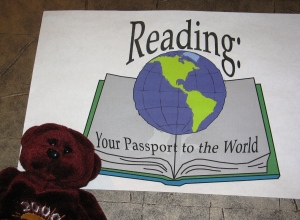 Reading was on my mind as I stood in a third grade classroom on 9-11. Long ago as a college student, I’d sat in a Monmouth public school classroom and listened to a little girl struggling to read. Not that long ago, I had been one of fourteen authors and illustrators invited to Laura Bush Celebrates America’s Authors, the day before inauguration. Because of Laura Bush and her emphasis on the importance of reading, I thought maybe–just maybe–we were entering a new era of celebrating books in schools.
Reading was on my mind as I stood in a third grade classroom on 9-11. Long ago as a college student, I’d sat in a Monmouth public school classroom and listened to a little girl struggling to read. Not that long ago, I had been one of fourteen authors and illustrators invited to Laura Bush Celebrates America’s Authors, the day before inauguration. Because of Laura Bush and her emphasis on the importance of reading, I thought maybe–just maybe–we were entering a new era of celebrating books in schools.
When the principal came into that classroom the morning of 9-11, I was itchy. We’d already suffered through a fire drill interruption. I so much I wanted those kids to know–about Ethiopia, about writing, about how reading makes you strong in the hardest times.
 It really wasn’t until I got home in the afternoon to the house of Jim and Jan DeYoung, both visionary and smart educators, people woven into my life from back in those college years, that I understood why the principal had thought it important to come in, to tell the students, “You might see or hear some frightening things today, but I want you to remember that you’re going to be fine.”
It really wasn’t until I got home in the afternoon to the house of Jim and Jan DeYoung, both visionary and smart educators, people woven into my life from back in those college years, that I understood why the principal had thought it important to come in, to tell the students, “You might see or hear some frightening things today, but I want you to remember that you’re going to be fine.”
Up until that day, 9-11 had meant Ethiopian New Year to me. I sat in the DeYoung’s house–as many of us sat–and looked at the images on the television set over and over and over again.
Remember the sudden long gas lines? When the hardy reading teachers met in spite of it all, I talked about how now, more than ever, it was obvious that we need to listen to the stories of a whole world, understand the lives we are touching for good and for ill.
 Why should we listen if we’re hated in spite of all we’ve tried to do for good?
Why should we listen if we’re hated in spite of all we’ve tried to do for good?
Imagine a room with ten people in it, I said. Two love you no matter what. Two hate you and have decided they always will. The rest are busily surviving their daily existence and don’t really have time to have an opinion one way or another.
The way we behave now will have a lot to do with how those six now neutral people feel about us ten years from now.
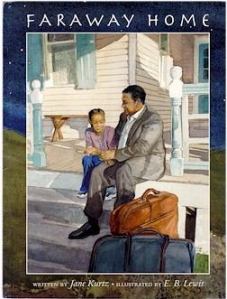 In the next few days, Laura Bush read my book Faraway Home in several classrooms. In many ways this is my life story: a story of a girl who thinks of America as home while her father is missing his home in Ethiopia, wanting with all his heart to help her see his faraway home. Laura Bush used the story as a reminder that it’s not Us Vs. World. That we have children from almost every country in our American classrooms.
In the next few days, Laura Bush read my book Faraway Home in several classrooms. In many ways this is my life story: a story of a girl who thinks of America as home while her father is missing his home in Ethiopia, wanting with all his heart to help her see his faraway home. Laura Bush used the story as a reminder that it’s not Us Vs. World. That we have children from almost every country in our American classrooms.
Sometimes, especially in places like North Dakota (where I was then living), we act as if people are usually born, grow up and die in the same geographic area. Actually, our world has become Fruit Basket Upset (favorite game from boarding school): a big swirl of people who’ve been tossed out of their chairs, everyone scrambling to make sure they get a new chair.
Remember that airports all across the country were closed?
I didn’t know when I’d get home. Would I have to find a way to take the train instead? I really, really wanted to be back in my own cozy spot.
 How hard it is to change spots in the big Fruit Basket Upset game of life. How hard it is to leave home, even for a little while, and wander in a place where food and language and customs are unfamiliar. How hard it is to be patient with your fellow travelers and those who are trying hard to be hospitable to you but don’t always know what you need. How hard it is to listen well and be humble and kind.
How hard it is to change spots in the big Fruit Basket Upset game of life. How hard it is to leave home, even for a little while, and wander in a place where food and language and customs are unfamiliar. How hard it is to be patient with your fellow travelers and those who are trying hard to be hospitable to you but don’t always know what you need. How hard it is to listen well and be humble and kind.
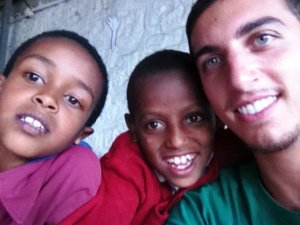 We mess up the journey quite a lot. We make each other mad–sometimes on purpose, more often even though we’re trying our best.
We mess up the journey quite a lot. We make each other mad–sometimes on purpose, more often even though we’re trying our best.
We despair.
We stomp off.
We come back and try again to share across age groups, language groups, country lines, in spite of our sometimes stubborn, greedy, angry hearts.
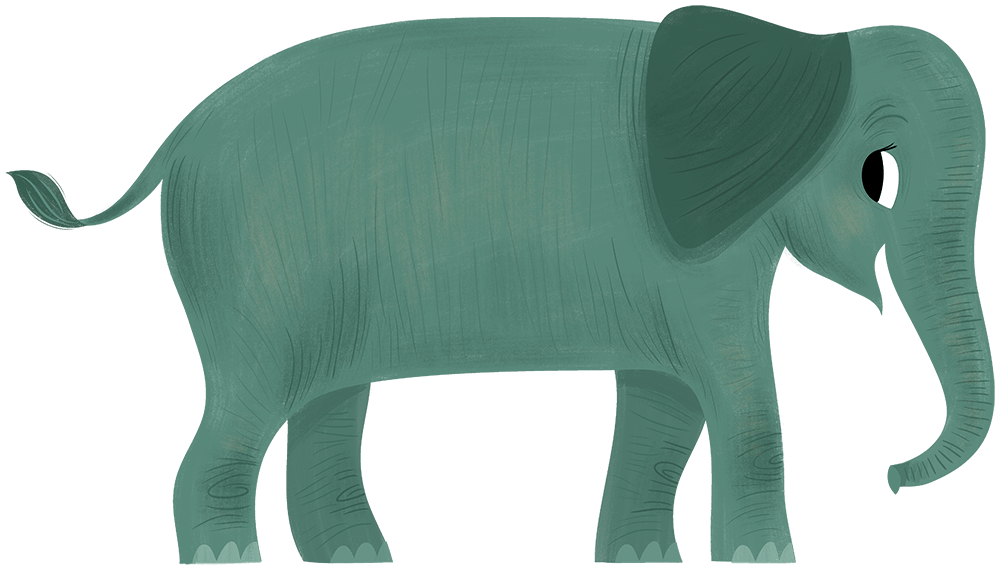
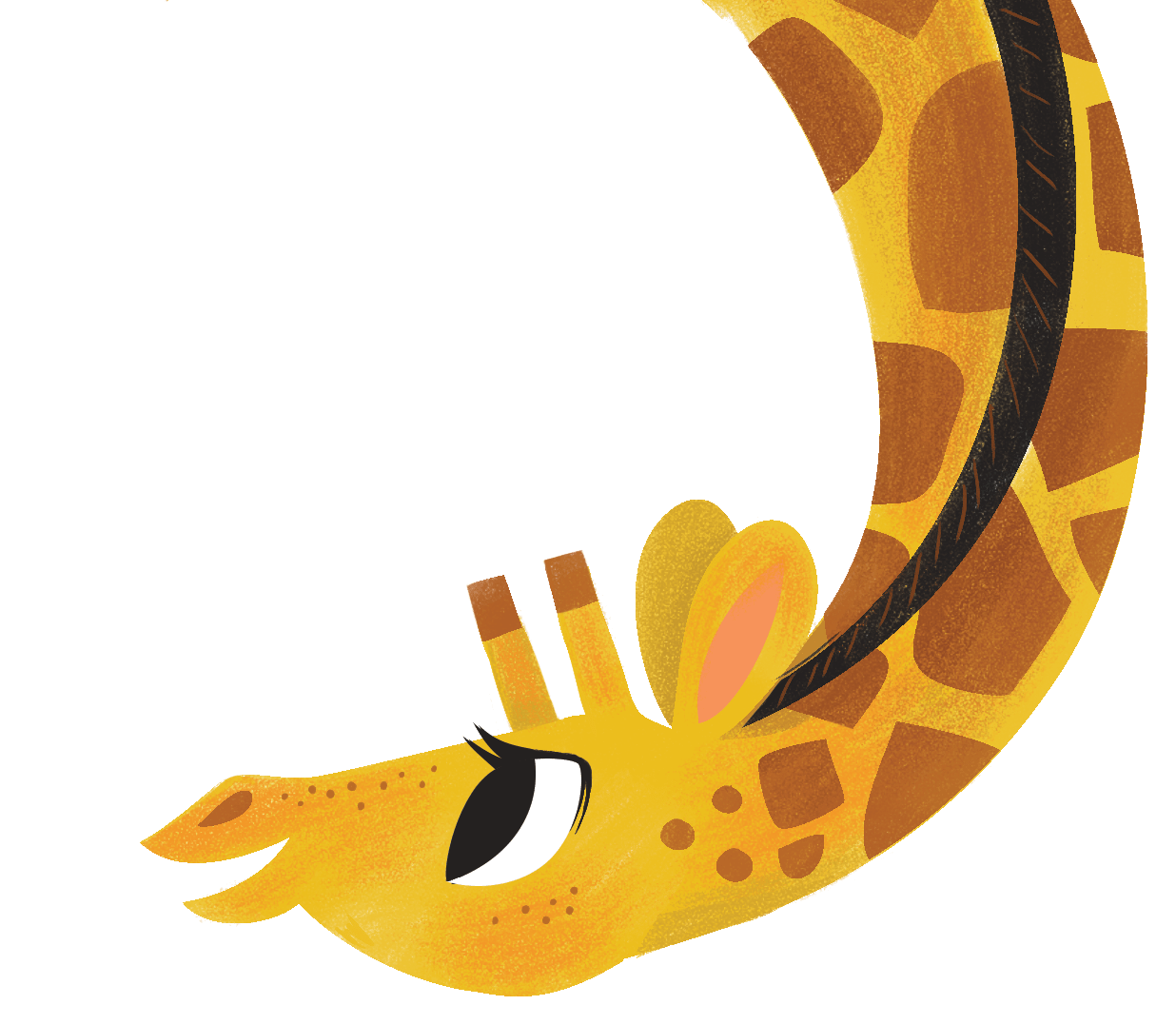
2 thoughts on “Our stubborn, greedy, angry hearts”
Don’t we all wish we had more Jane Kurtzs in the world?
Thanks for your kind references to us, but thanks even more for the sentiments you express in your article. Our son has recently married a lovely woman from Finland and this very day is flying to Helsinki to join her. I have sent him the URL and suggested that they both read it as a reflection of the reality that you have lived and that he is setting out on.
Much gratitude and love
Jim (and Jan) De Young